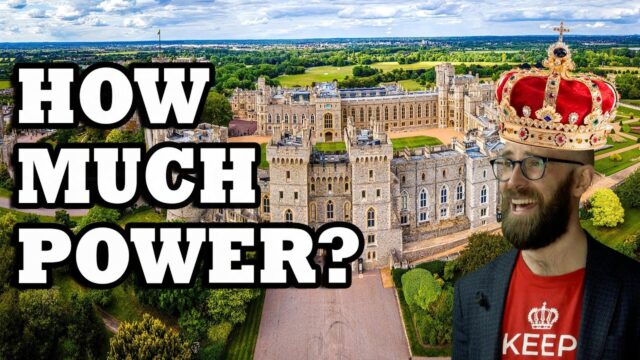“Unraveling the Myths: The Surprising Reality of Medieval Monarchical Power Revealed!”
Thus, when the prelates were summoned to the Curia, their friends abroad could take the occasion to plead for their favour, steering Papal policies in a favourable direction. In other words, as much as the likes of Innocent and Honorius could exert control across Europe, their own decisions may have been influenced by other leaders.
But summing up all of this, the tyrannical, all-powerful, Medieval monarch is a bit of an exaggeration brought about by popular culture. Granted, especially in movies, it is easier and more entertaining to portray characters with absolute agency, rather than filming lengthy scenes of negotiations in which a King or a Kaghan has to moderate the opinions of dozens of barons or salaried clerks.
Now, up to a point they could have their way with the plebeians to an extent, at least until some evolution in law that occurred throughout all this, but a great way to piss off a baron would be to mess with his subjects too much, thereby potentially hurting his own labour force and ability to do his thing, let alone if extreme enough fermenting a peasant revolt, which is never good for business. From this, you might be unsurprised to learn that the Braveheart idea of Jus Primae Noctis, right of the ruler to sleep with any bride on her wedding night, does not have ever appeared to have been a real thing either. While subjects weren’t exactly generally treated well, there were limits to what even humans back then would tolerate from their rulers. The barons needed the people’s support to an extent. And the king needed the barons’ support, so none of them could get along very long pissing off their underlings too much.










